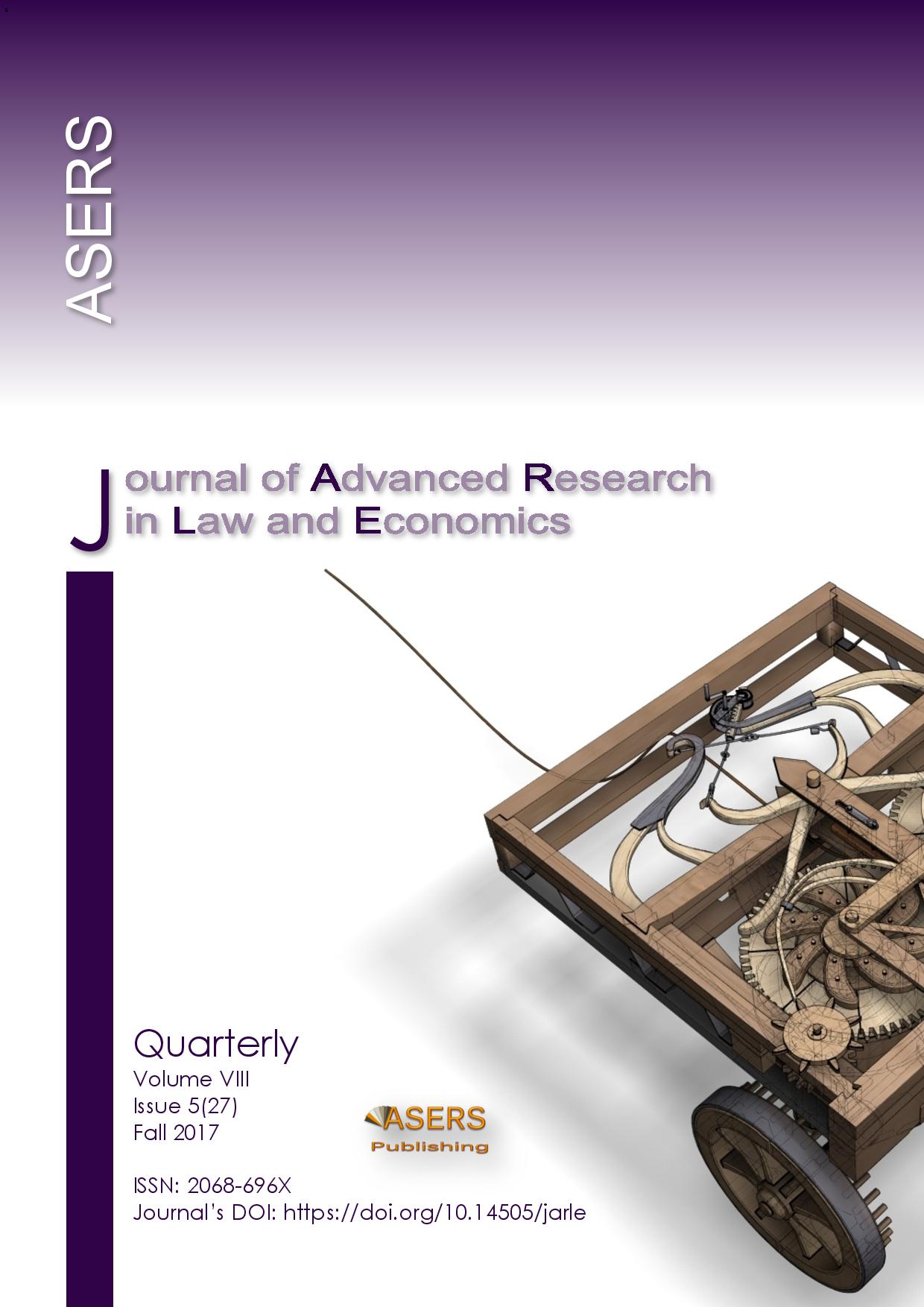Legislative Approbation of the Extended Powers of Notaries in the Sphere of Civil Turnover of Immovable Property: the Russian Federation and the European Legal Orders
Legislative Approbation of the Extended Powers of Notaries in the Sphere of Civil Turnover of Immovable Property: the Russian Federation and the European Legal Orders
Author(s): Agnessa INSHAKOVA, Svetlana KAZACHENOK, Maxim V. SEVOSTYANOVSubject(s): Law, Constitution, Jurisprudence
Published by: ASERS Publishing
Keywords: notary; Latin notary model; civil turnover of real estate; real estate transactions; notarial certificate of transactions; the unified information system of notaries;
Summary/Abstract: The relevance of this article is high due to the usefulness of recourse to foreign experience of legal regulation in the conditions of rapid development of foreign trade activities of the Russian Federation. With the approaches applicable to the form of the transaction law, the authors propose to study the example of the Latin model of notary of the member countries of the European Union. The traditional historical connection of Russian law with some foreign legal systems of Europe and the enduring interest in the legal approach of the European legislator in the field of consolidating the mandatory notarial form for transactions with real estate are viewed.The mandatory notarial form for liability and property transactions when buying property are studied on the example of the provisions of the German civil code, this sets the volume of powers and responsibilities of a notary. The authors identify real estate transaction in France requiring mandatory notarization. We study the order of sale of real estate in France. It is established that the notary plays a key role in the support of real estate transactions and prepares transaction, the parties which are required or wish to give it an authentic legal form, in connection with which a notary public certifies the authenticity of the acts and agreements which are given to it.It is concluded that the notary owns a significant role in the design of real estate transactions and the legal regulation ofturnover of real estate in Germany and France is characterized by consistency, clarity and efficiency, as evidenced by rare facts contesting in court of transactions on alienation of real estate.The authors study the activities undertaken within the framework of a large-scale update of Russian legislation on notaries, as reflected in the new legal regulations, indicating that the role of notaries in the national civil turnover of real estate has increased significantly; explore the extended powers of a notary in the area of certification of real estate transactions, the relevant European standards of the Latin type. The practice of application of legislative innovations related to the procedure and their application controversial issues is studied. A special research emphasis on the problems associated with the obligatory notarial certificate of transactions with real estate is performed. The advantages and disadvantages of legislative amendments are evaluated. All the above changes of the legal basis of the Notariat differenziata are divided conditionally into two groups achieved by the legislator effects - tactical and strategic.
Journal: Journal of Advanced Research in Law and Economics (JARLE)
- Issue Year: VIII/2017
- Issue No: 27
- Page Range: 1526-1536
- Page Count: 11
- Language: English
- Content File-PDF

